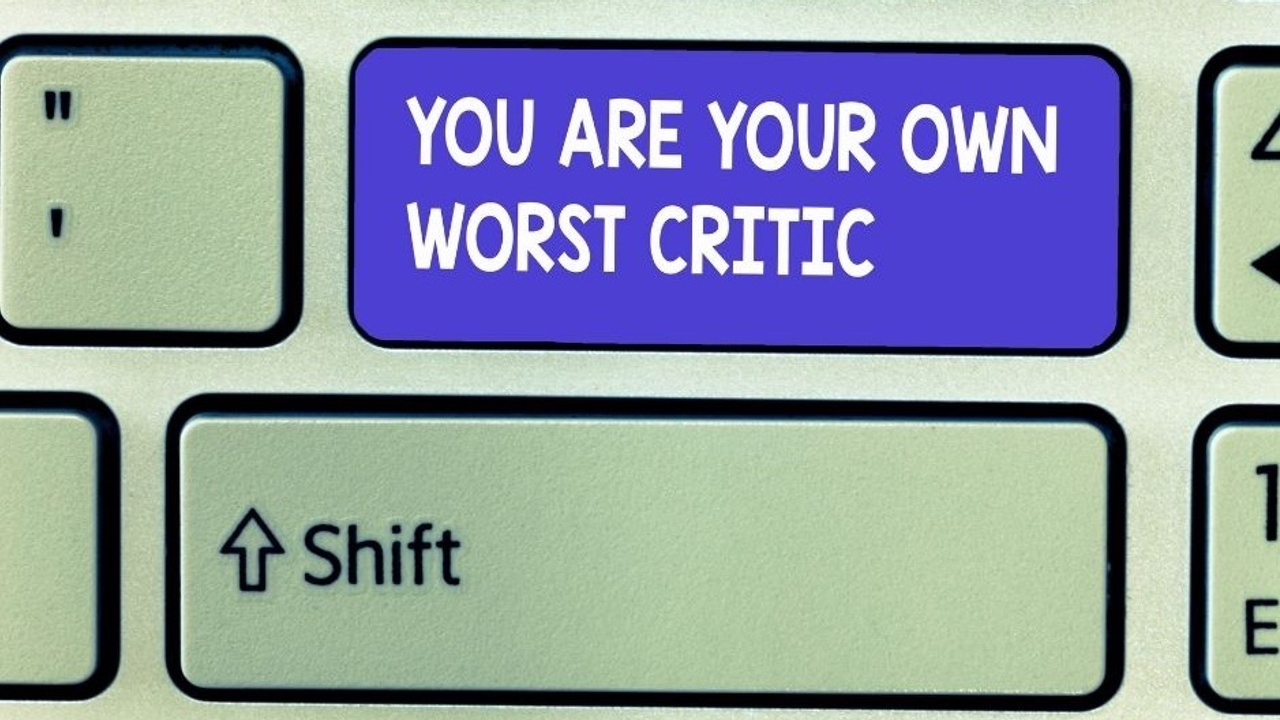
Physician Success Tool: Confidence, Part 2 - A Look at Three Common Barriers
Last week we looked at the natural progression of confidence. However, we all know confidence doesn't always follow the expected course, and often even when it's high, something knocks it down. So, this week, we look at why that happens.
There are at least six common saboteurs of confidence. 1. Maladaptive perfectionism. 2. An overly boisterous inner critic. 3. Impostor Phenomenon. 4. Comparison. 5. Over-reliance on external validation. 6. Projected Judgment. Many of these are interrelated and overlap. Today we will look at the first three.
In what area do you want to feel more confident? What is it that gets in your way? Can you sort through the above list and pinpoint one or more pilferers? What else? Previous failure? Lack of experience? Spend a couple of minutes to find the root of the particular insecurity. If you uncover additional saboteurs, I'd love to hear from you. It's worth taking a couple of minutes to identify the root cause. We can't fight an enemy of which we are unaware.
Unhealthy or maladaptive perfectionism causes us to set an unrealistic standards for ourselves. In fact, sometimes, we take great pride that we have higher standards for ourselves. Since we are human, when we measure ourselves by this externally perceived ideal, we will always feel we've missed the mark, which will fuel insecurity. Start by accepting you are human. Strive for excellence knowing there will likely always be things you can improve. Use a mastery-driven goal rather than and performance-driven one. Put your perfectionism on a dial and learn to dial it up or down. Here's my previous 3-min vlog on the topic.
An inner critic on loudspeaker interferes with our seemingly earned confidence. We all have a part of us that we can label as an inner critic. It is our internal judge that pushes, criticizes, and increases self-doubt. It is a familiar voice that combats confidence. The inner critic excels in telling you that you're not worthy, shames you, drives you to overwork, pours on the guilt, and makes you try to fit into everyone's expectations of you (and even beats you up when you can't fit the mold). To lower the volume of our inner critic, we must become aware of the negative self-talk. By identifying the negative story it's telling us, we can look for the evidence to the contrary to counteract it. E.g., Inner Critic: "You're incompetent." Self: "Actually, I was quite competent when I did x, y, z." Finding compassion for the inner critic's presence (rather than more negative self-talk for having an inner critic - I see you!) can be very useful in moving forward. This is possible when we can recognize that on some level, the inner critic is trying to keep us safe, although it's misguided in its methods. You would never talk to your best friend or child in such a manner – and with good reason. It seems to be motivating and productive, but you know it would actually be damaging. Counter your inner critic with positive self-talk and learn to reframe situations for growth. Read my 2-part blog on the inner critic, or watch my vlog for more on this topic.
Impostor phenomenon (syndrome) is a common occurrence for high-achieving individuals where we are waiting to be exposed as a fraud. If you're walking around fearing that you'll be discovered as a fake or not truly deserving to be where you are, then, of course, your confidence is impaired. There are strong components of perfectionism and a magnified inner critic as part of this multifaceted issue. It's more intense than the average run-of-the-mill self-doubt. It also involves over-utilizing your strengths in such a way as to sabotage yourself – if you give great attention to detail, suddenly you become a stickler. If you like to help, suddenly you become a people-pleaser, etc. As with most things, awareness is step one. You can find some assurance just by knowing you're not alone - it happens to 70% of physicians at some point in their careers - across socioeconomic, gender, and cultural spectrums. Work on perfectionism and the inner critic. Test out letting the façade of who you believe others think you are, slip a little on low-risk tasks with the safest group of people, and observe. Tell yourself the truth about your strengths. Look into books such as Owning Your Greatness, by Lisa Orbé-Austin's,PhD which teaches how to internalize the things you often dismiss. Get a coach, or if it's severe, consider therapy. This phenomenon can limit your effectiveness as a physician, progression in leadership options, and harm your personal relationships. You can read more in my blog series of Impostorism. By the way, I prefer "phenomenon" to "syndrome," as initially described by Clance and Imes, as it's not a diagnosis - it's not a flaw with you. It's a common occurrence, with individually predictable triggers, that affect most high-performing individuals at some point.
We will wrap up the remaining common issues that drain our confidence despite having grown in competence next week and then look at the ability to have self-confidence when doing something new.
Have a joy-filled week,
Tonya
Now is a great time to see how I work with family medicine residency programs to help physicians enjoy their chosen careers. Learn more here.
Join Weekend Reads
Weekly insights, tips, and tools for physicians who want to thrive—plus a dash of fun.
We hate SPAM. We will never sell your information, for any reason.

